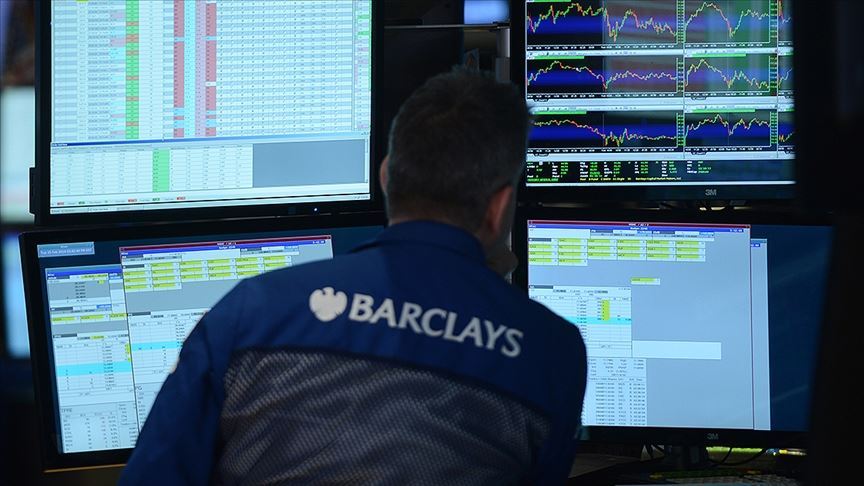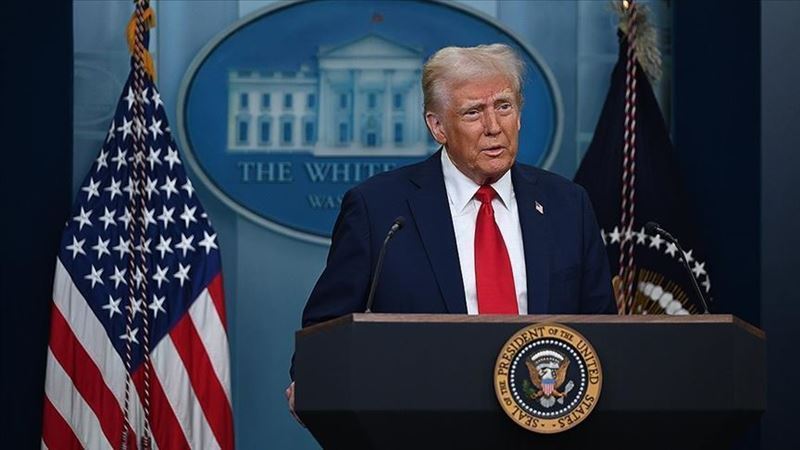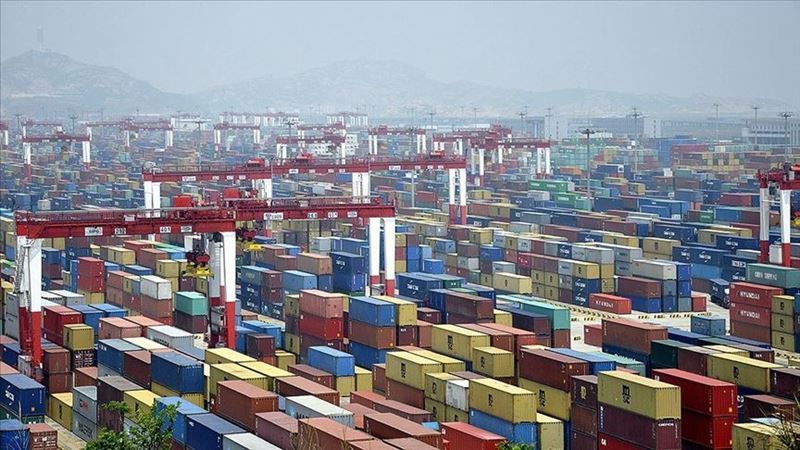After Russian President Vladimir Putin signed the decree on the recognition of the so-called administration of pro-Russian separatists in eastern Ukraine, the European Union (EU), Britain, Japan and the USA took a series of sanctions against Russia yesterday.
US President Joe Biden announced that Russia will impose sanctions on two major financial institutions, blocking the Russian government's access to Western financing, and also sanctioning people close to Putin and his family members. German Chancellor Olaf Scholz also ordered that the certification process of the Nord Stream 2 natural gas pipeline, which will carry Russian gas to Germany, be stopped.
The Russian Parliament also approved Putin's application for the military to operate outside of Russia's territory.
With the continuation of the developments that increased the geopolitical tension, the price of Brent oil per barrel yesterday, after seeing the highest level since September 2014 with $ 96.6, went down and closed the day at $ 93.5 with a decrease of 0.8 percent compared to the previous close. The barrel price of Brent oil is traded at $ 94 in Asian markets today. The ounce price of gold, which saw the peak of 8 months with $ 1,914 yesterday, was stabilized just below $ 1,900 today.
On the equity markets side, volatility is observed to be high, while the RTS index in Russia hit its lowest level since November 2020 with 1,075.98 points yesterday. RTS index, which lost 11 percent during the day, went positive with purchases that increased its effect close to the closing, and finished the day at 1,227 points with a 1.6 percent gain. The dollar/Russian ruble parity also tested the highest level it has seen since March 2020, with 81 yesterday, and is trading at 78.6 today.
The New York stock market, which was not traded on Monday due to the holiday, followed a sales-weighted course yesterday due to the developments. On the macroeconomic data side, although the Purchasing Managers' Index (PMI) for the manufacturing industry and services sector came in above expectations, the Dow Jones index fell by 1.42 percent, the S&P 500 index by 1.01 percent and the Nasdaq index by 1.23 percent. While the dollar index continued its horizontal movement just above 96, the 10-year bond yield of the USA, which was below 1.85 percent yesterday, rose again to the level of 1.94 percent.
On the European side, while the concerns about the sanctions against Russia and the effects of a new cut in energy supply on the economies have increased, the issue of how the increase in natural gas and oil prices will contribute to the already moving inflation has started to be discussed. This situation increased the importance of the guidance of the European Central Bank (ECB), which gave tightening signals, for the future of monetary policies.
Following the increasing tension between Russia and Ukraine, natural gas prices in Europe for March futures contracts increased by 10 percent yesterday, reaching 80 euros. While the DAX 30 index decreased by 0.26 percent in Germany, the FTSE 100 index rose by 0.13 percent in the UK, and the CAC 40 index in France remained flat. Euro/dollar parity is moving sideways today after closing at 1.1325 with an increase of 0.1 percent.
Although geopolitical risks and the rise in oil prices are factors that limit the risk appetite throughout Asia, it is seen that the stock markets have started the day with a new buyer. While Japan's House of Representatives approved the 107.6 trillion yen ($938 billion) budget for the 2022 fiscal year comprehensive, the country's stock market is closed today due to a holiday. Close to the closing, Shanghai composite index in China increased by 0.8 percent, Kospi index in South Korea increased by 0.5 percent and Hang Seng index in Hong Kong increased by 0.9 percent.
While a negative course was observed in Borsa Istanbul in parallel with the declining risk appetite in the global markets yesterday, the BIST 100 index closed the day at 2.017.46 points with a depreciation of 1.01%.
Analysts stated that the news flow regarding the Russia-Ukraine crisis remained at the center of the agenda and said that the announced sanctions could be reshaped depending on the progress of the situation in Ukraine.
Analysts said that in the current conjuncture, where political statements are intensified, investors are trying to understand the trend, and that the reflection of developments on energy prices will be critical in terms of inflation expectations and the course of monetary policies.
Analysts, who stated that inflation data will be followed in the Euro Zone, in addition to the statements of the ECB officials today, stated that, technically, 1.955 points in the BIST 100 index are in the position of support, and the level of 2.050 is in the position of resistance.
The data to be followed in the markets today are as follows:
10.00 Germany, consumer confidence index
13.00 Euro Zone, CPI for January











Comments
No comment yet.